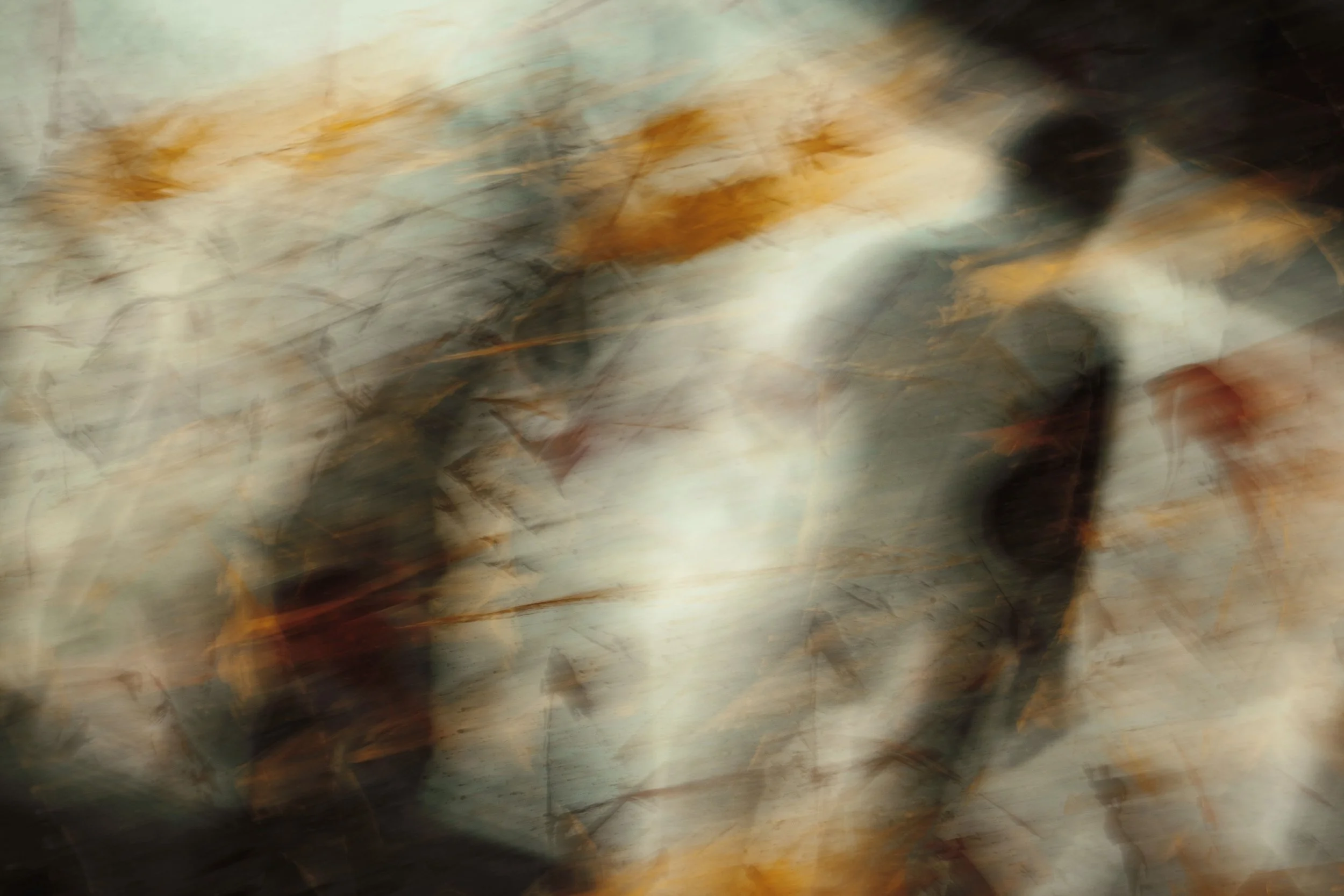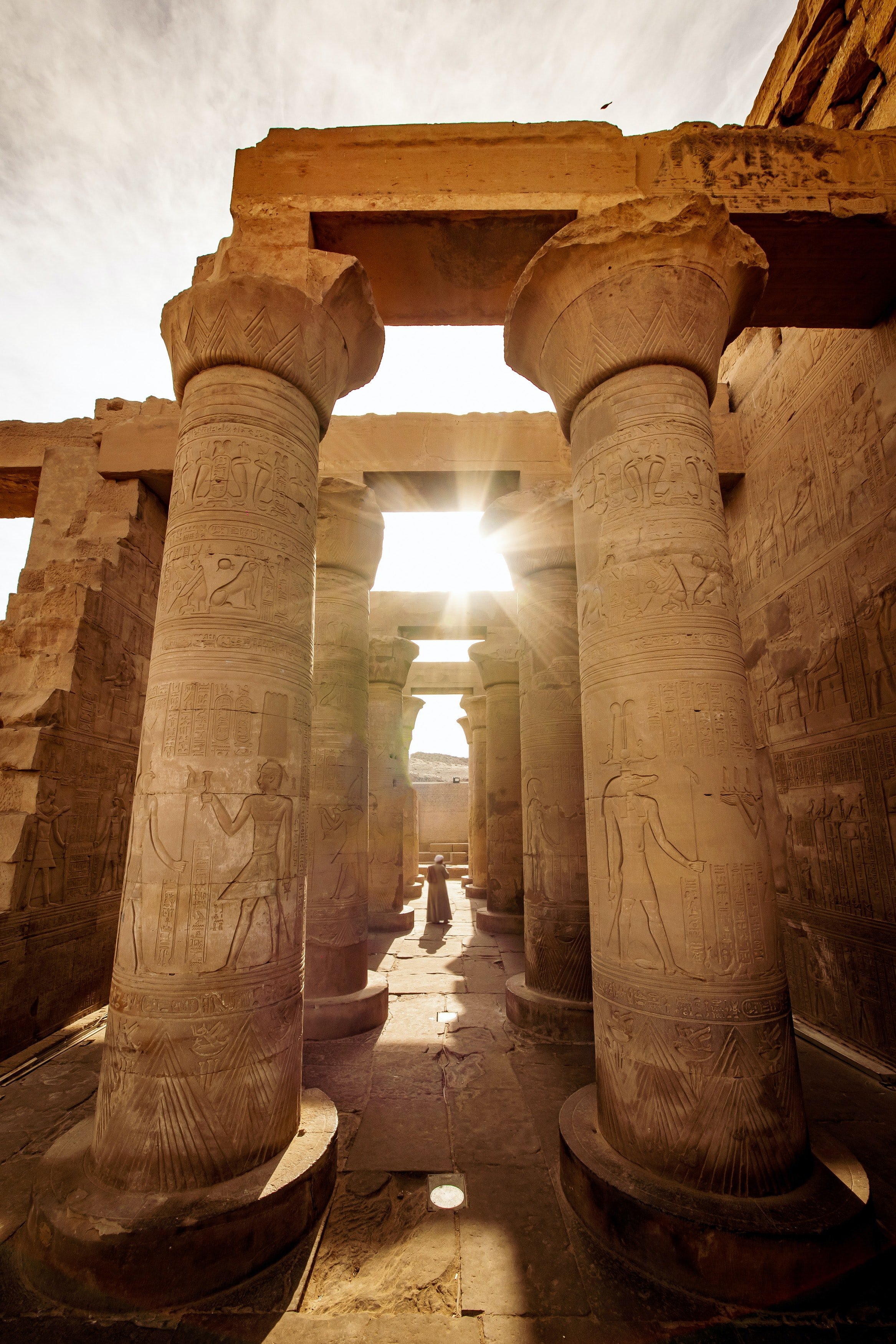Hoo boy, we’re really in the weeds this time with the heresy of Sabellianism. I’m talking real ‘Inside Baseball’ stuff here with terms like Patripassianism, Homoousios and modalistic monarchianism’ being bandied about. But while such words are unfamiliar, once one learns the definition, they’re not such a problem. On the other hand, a far more important word in our discussion is one that is familiar to every Christian but one that doesn’t limit itself to an easy definition, rather it opens into further mystery, that of ‘Trinity’. But before we can really dig in we have to go back, way back to the dawn of civilization.
Read MoreIn my last essay, I unpacked some of the origins of deconstruction and pointed out how it is an inevitable product of modernity. Deconstruction pulls at the possibility of relationships, of symbol and meaning, of self to self. Deconstruction is the perfection of modernity’s idolizing of the self; it reduces all who practice it to irretrievable isolation within themselves. In the end, deconstruction leads the practitioner to lock the door from the inside of themselves, subjecting what is left of themselves to an endless ruminating scrutiny. They end in something like despair (although I do not know precisely what to call it because even despair seems too constructive a term). Yet, for all of the grim by-products of deconstruction, many questioning Christians are turning to it as a desperate last resort…
Read MoreWe began by defining tradition in its broadest sense as “giving over” and discussed some of the ways Christians understand what it means to pass down the practice of the Faith through the generations. We also explored how Anglican Catholics have a unique sense of obligation to the past and to those giants of the Faith on whose shoulders we now stand. A high view of tradition is an expression of gratitude for what has been preserved through great trials, recognizing that many have suffered to remain faithful to the Lord as they encountered Him in the Church’s prayer, and for whom they endured unimaginable persecution. They understood that the Faith was a gift, one to be received and then given in turn within a view of the Church that was bigger than themselves but of which they were a vital part. It is to that volta between reception and gift in tradition that I would like to turn our attention in this essay.
Read MoreThere is a sweet sense of reunion that attends me when I look at the first, blank page of a new piece of writing. There, I am confronted with the fact that I never immediately know what I should write. It is a lonely feeling that, I think, ought always to attend the attempt to do something novel, and particularly by myself in an empty room. And yet, that lonely space has become the occasion for remembrance, in this moment a kind of invitation of past voices to speak again and come to my aid. If it’s a lesson-plan I am writing, certain master teachers come to mind. If it’s a sermon, then there are certain pastors. If—heaven help us—I am attempting a poem, then the much annotated stars of my Norton anthology start to emerge. Sometimes, it is a friend; sometimes, it is an ancient author I have never met but through their words. I try to ask as politely as possible: will you help me find my words with some of your own?
Read MoreWhenever I hear ‘Montanism’ all I can think of is poor Vasily Borodin in ‘The Hunt for Red October’ uttering with his dying breath, ‘I would have liked to have seen Montana.’ Poor Vasily, who only wanted to live in Montana, marry a round American woman and drive a pickup truck... or maybe even a ‘recreational vehicle’. Sadly, it was not to be for Vasily, shot by the cook (who we all knew was up to something, the way the camera lingered on him in that one scene).
Read MoreI’ll never forget the first time I received an icon. During the pandemic, a friend of my mom’s who is Coptic Orthodox let me pick any icon I wanted from her icon corner and keep it. I ended up choosing a very small two-panel icon, one side had St. Mary tenderly holding the Christ Child while the other had Christ holding scripture and giving a blessing. All of her icons were so beautiful; I didn’t understand how she was ready to part with any of them. But because of her generosity, I was able to experience the blessing of receiving an icon.
Read MoreDerived from the word ‘pelagic,’ from the Greek πέλαγος (pélagos) 'open sea,' Pelagic fish are those who do not live near the bottom or shore but out in the water… Oh, wait… I meant to google Pelagianism, not Pelagic fish. My apologies. We continue our survey of heresies with a look at Pelagianism.
Read Moret’s attractive, isn’t it? That there is secret, hidden knowledge available to a few, select individuals and that you have been invited to share in its mysteries. If the great temptation of Christian theologians is to seek to overexplain and eliminate any hint of ambiguity, who furiously fret at the hem of anything that smacks of ‘mystery,’ unraveling as much as they can and sweeping anything leftover under the rug, thereby winding up in heresy, there is another path to heresy when people don’t understand Christianity as a unity within itself. In other words, if we are free to take stuff that we like and excise the parts we don’t, we wind up as heretics.
Read MoreIntroducing the first in a series exploring various heresies that have plagued Christianity throughout the centuries. Many of the tenants of the Faith which we now take for granted began as antidotes to these heresies. For example, the Nicene Creed was the result of the Church describing as best it could what it understood about God as Father, Son, and Holy Ghost. Now the Creed doesn’t define God explicitly, it basically says in essence, this is what we know, as limited as it is, about God and anything that strays outside the lines from this, is in error.
Read More









